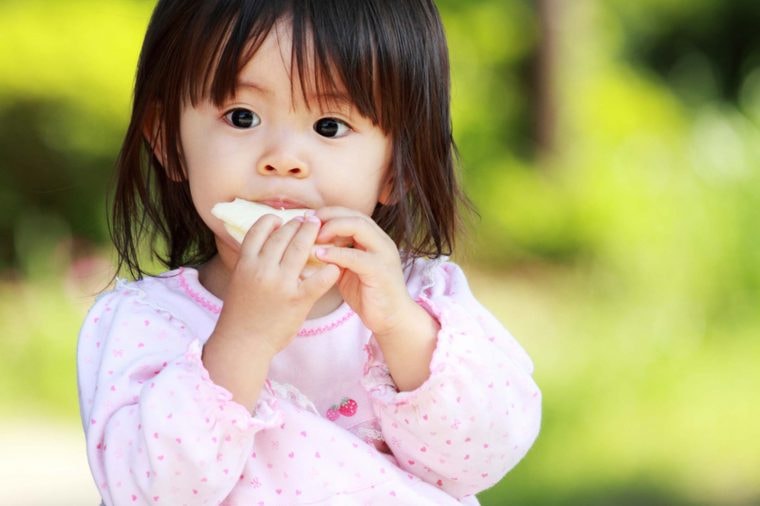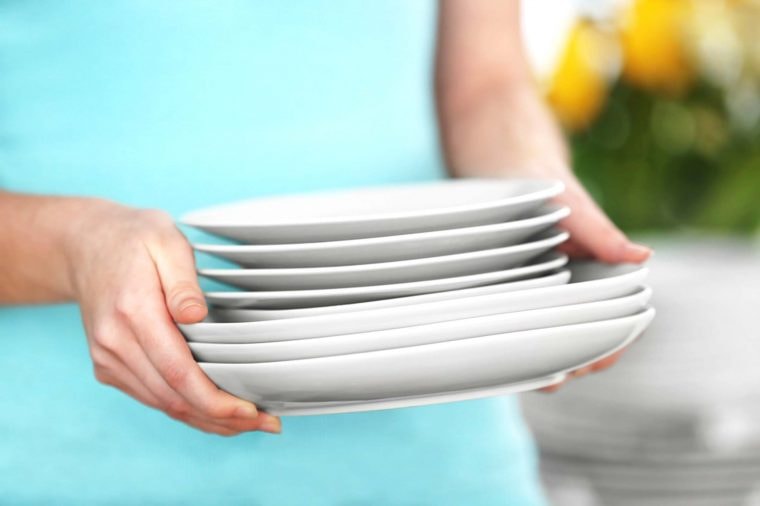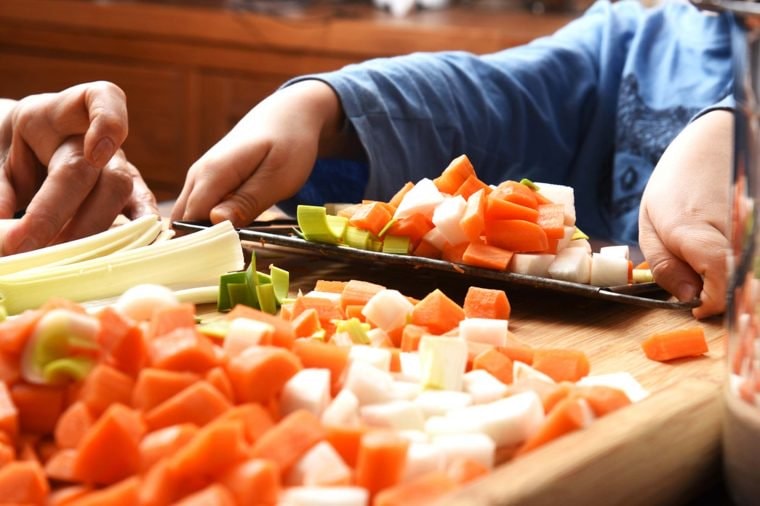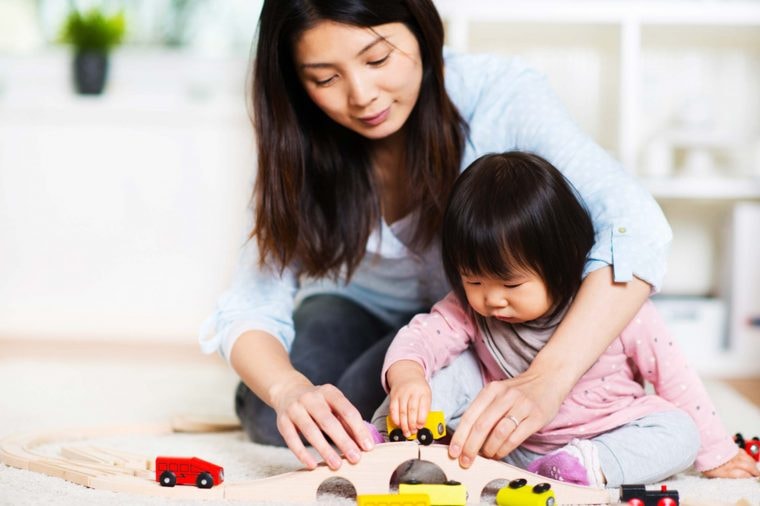This is why Japanese children are the healthiest in the world
Parents in Japan have been very successful with their methods of raising healthy children.

We all want our children to be healthy and happy, but food is a real battleground for many families and a source of debate in the media. According to a large-scale global study published in The Lancet, if you are a child born in Japan today, you have the chance to enjoy the longest and healthiest life in the world. The secret lies in lifestyle and eating habits.
Here are 7 tips for raising healthy children from parents in Japan:
1. Make family meals more efficient
The Japanese diet is very efficient in both quantity and nutrition. When you eat the foods your body needs, you will crave less. You do not need to eat seaweed, sushi, and tofu to raise a healthy child, but just adjust your family's eating habits in a healthier direction.

For example, you can eat more fruits, vegetables, beans, whole grains and fish rich in omega 3 and limit processed foods with added sugars and salt. This eating habit is relatively low in calories and high in nutrients. This helps to minimize the risk of obesity and disease and maximize healthy living.
2. Create a comfortable atmosphere during meals
Nutritionist Tomomi Takahashi in Hokkaido, Japan, has advice for all parents. “You don’t have to try too hard. Just have a relaxed attitude, then your child can relax and eat well. Show your child that you enjoy eating and that the food tastes great.”

Ms. Takahashi emphasized the importance of family meals. “Even if you are busy, make time for meals so that you can sit down and eat with your children at least once a day. You cook meals with love and it touches the children’s hearts. The next thing is to enjoy meals with the family.”
3. Encourage children to explore new foods

Children’s food preferences change over time, and parents can gently nudge them toward healthier choices by encouraging them to try a variety of new foods. The more and earlier children experience new foods, the healthier their diet will be as they grow older. In fact, a 2-year-old should have tried 20 different foods.
4. Rebalance your diet Japanese style
Nutritionists say that serving food on small plates or bowls encourages children to eat on their own and makes it more appetizing. The lesson from Japan: Serve food on small plates, but don’t skimp on fruits and vegetables.
5. Encourage children to run and jump

According to scientific studies, children need at least 60 minutes of moderate or vigorous activity every day. Encourage children to walk to school together and play outside during breaks. Japan has a very high proportion of children walking or cycling to school (98.3%) compared to countries with similar income levels. The World Health Organization says that adequate levels of physical activity in children aged 5-17 are good for the development of bones, muscles and joints as well as the ability to control movement.
6. Nurture family lifestyle
Try to maintain meals with all family members, cook delicious and healthy dishes and create a happy atmosphere for eating. This creates a positive influence on young children. In addition, you should also encourage children to cook with their parents in the kitchen.
7. Raise children in an authoritative but understanding manner

Some parents feel uncomfortable using authority with their children, but parents in Japan have been very successful in using this method with their children, especially in lifestyle and eating habits.
With the authoritative but understanding parenting style, you need to set rules and try to convince your child to follow them and listen to questions. You should be assertive, but not rigid, supporting your child rather than punishing.



.png)




